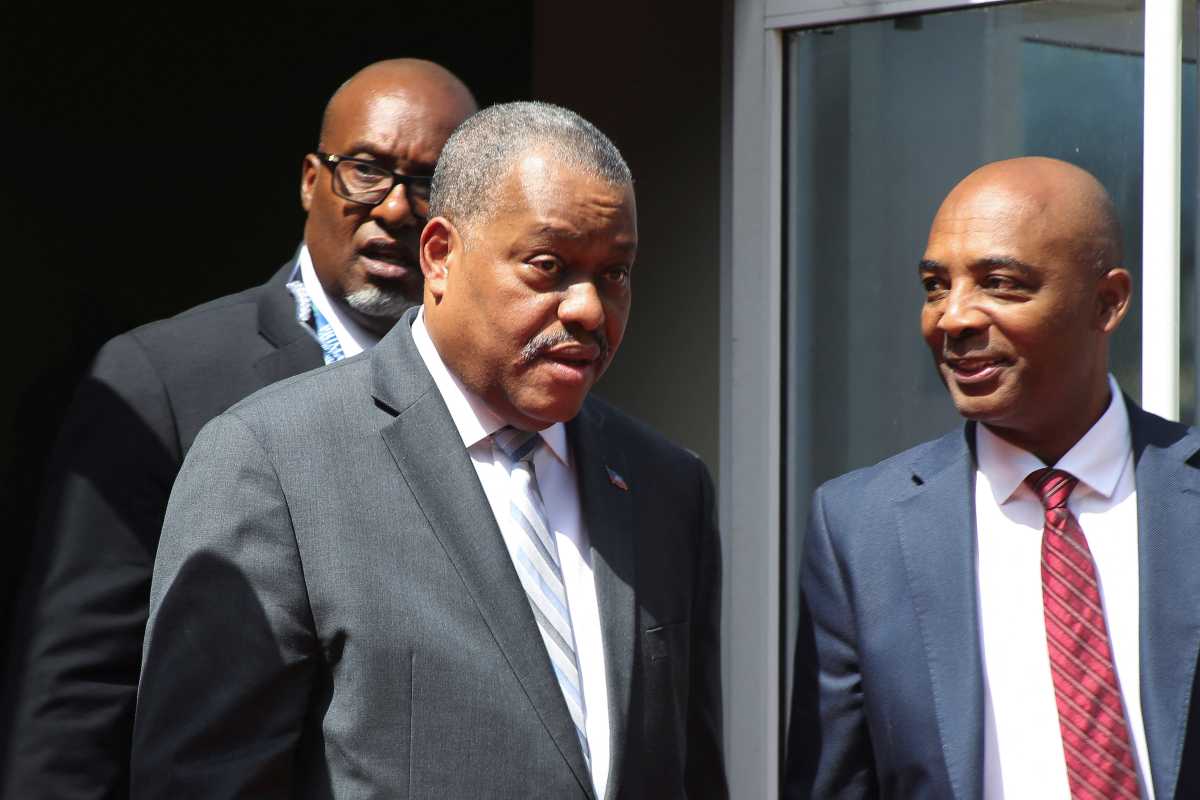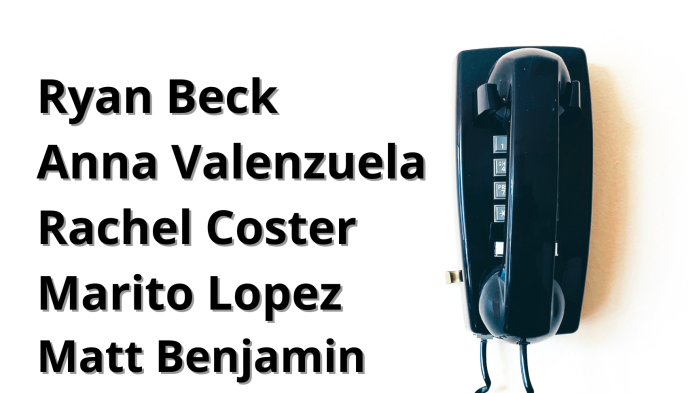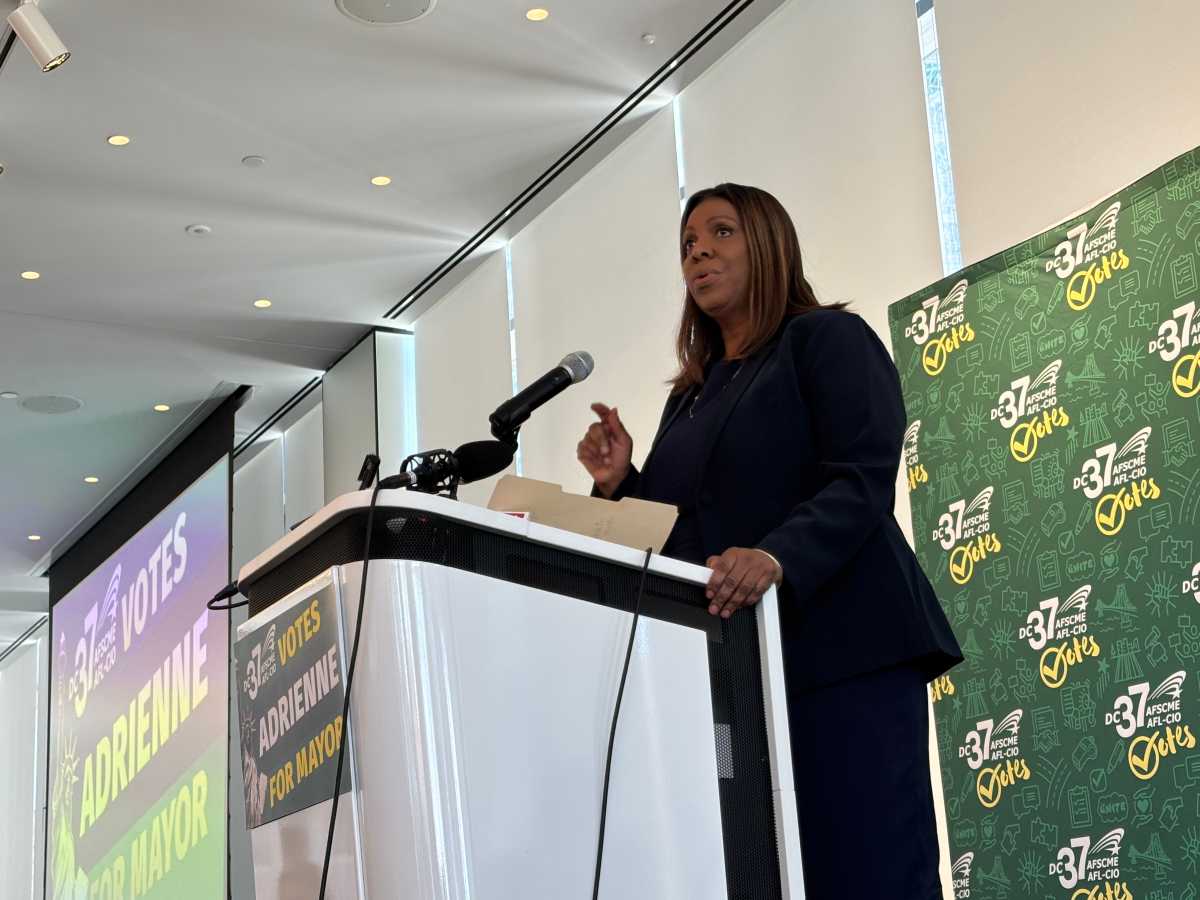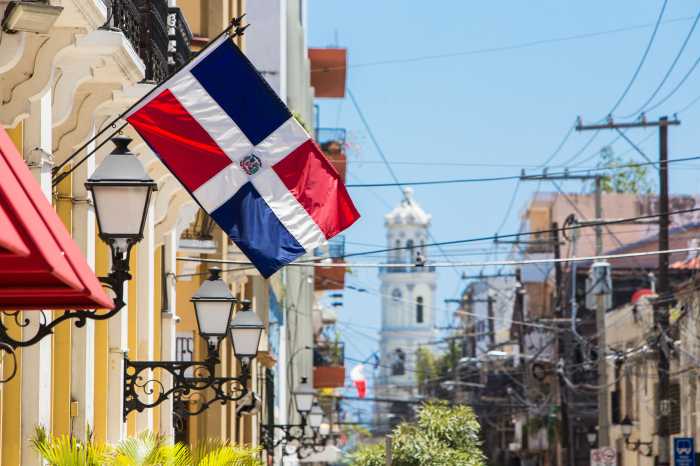The Bahamian government is readying a contingent of troops to deploy to Haiti as signs that the presence of additional personnel from other nations are urgently needed to work alongside Kenyan police officers begin to emerge.
Minister of Foreign Affairs, Fred Mitchell told reporters this week that Bahamian military personnel have been asked to get to Haiti “as quickly as possible” to work on management strategies and logistical plans ahead of a full deployment of troops to the strife-torn land.
The Bahamas and neighboring Jamaica were among the first among the CARICOM member states to offer to send police officers and soldiers to work alongside about 400 Kenyan police officers who arrived in Haiti recently as the lead nation of a United Nations multinational security force being put together to take on heavily armed gangs roaming the capital causing mayhem. Antigua, Suriname and a few other member states have also offered to contribute personnel even as Prime Minister Garry Conille appeals to the international community to boost numbers and provide protective gear and equipment for forces on the ground.
“The operational forward base has been secured. There will be a requirement for Bahamians to go in the pre-deployment phase to get acclimated to the dissemination processes of the Kenyans, who are taking the lead on this, and also to do some further risk assessment of the roles, which they will ultimately play. That’s not finally decided, but in this pre-deployment stage, it is important for us to get in operationally at the top, and that’s what’s being done. That should be done in the next few weeks, so that the planning can be done.”
Mitchell also said that the Bahamian attorney general’s office is drafting several agreements required to protect troops on the ground and serve as guide to how they will operate.
“We’re in the pre-deployment phase. We’ve been asked to provide the management talent. There’s a certain number of people that will go in in the pre-deployment phase.
“When all the agreements are worked out, we will know what the specific role of our troops will be. The general mission has not changed, but we are now in a pre-deployment phase, and the specifics will come up, and I’m not sure going forward that it would be appropriate to give anything more specific than these kind of general details, given the security concerns for the troops themselves in Port-Au-Prince,” Mitchell said.
The announcement from The Bahamas has come less than two weeks after regional governments had sent their eminent persons group to the country to make an assessment of the situation on the ground. They found that the nine-person interim administration was struggling with daily assignments and may not make the February 2026 deadline to organize free and fair elections and install an elected government.
Conille had told the visiting CARICOM delegation about “the lack of impact of the presence of the Kenyan force. The common concern articulated was that the Kenyan force was both under-staffed and under-equipped and as a result lacked the capacity to hold reclaimed territory. The need for the provision of adequate funding for the mission for an early resolution of these equipment and personnel shortfalls was emphasized. Necessities are also required by the Haitian police,” Conille said.


























